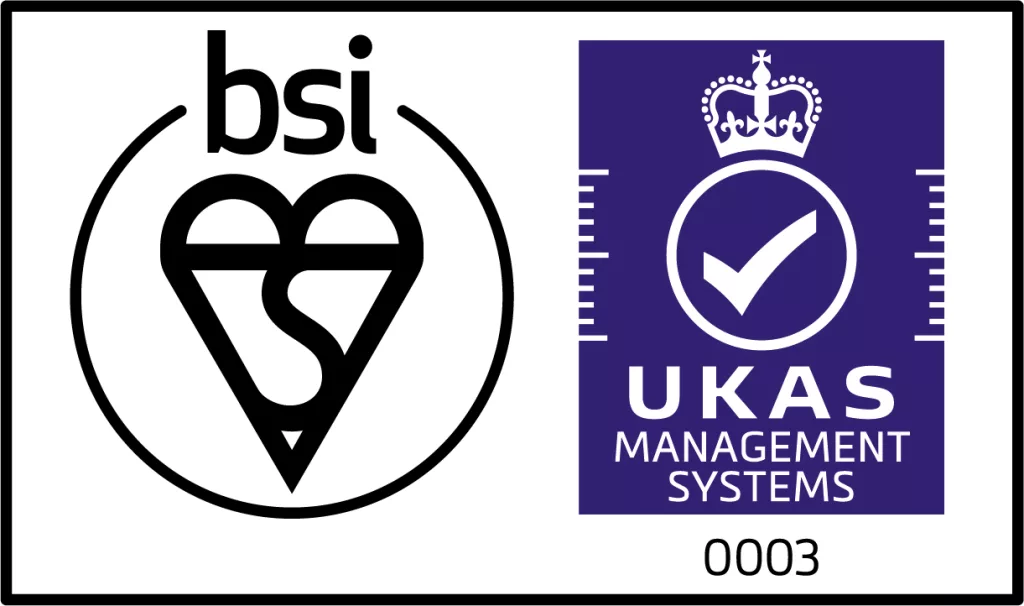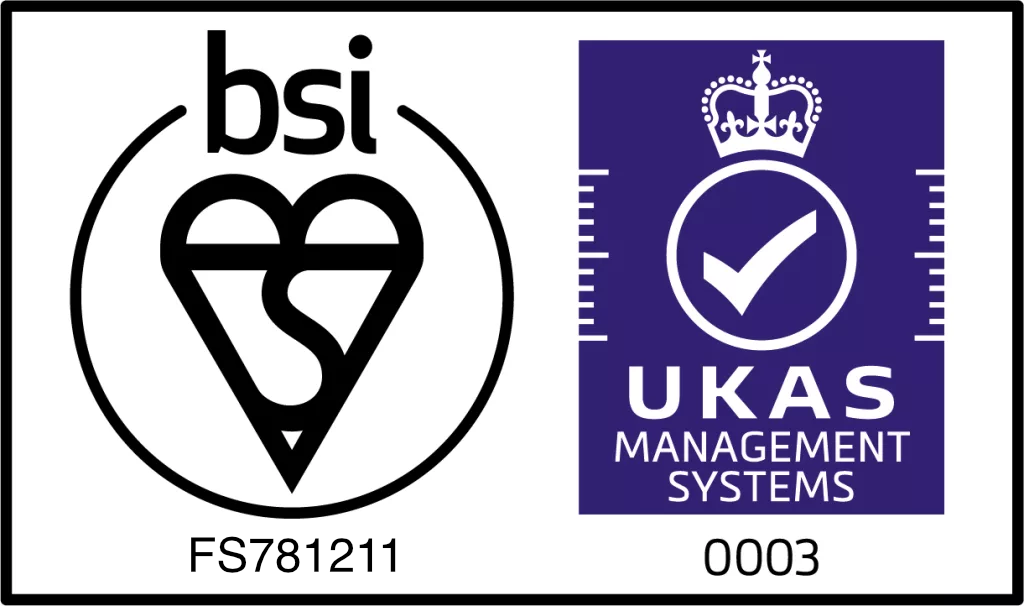
As much as I’d like to be writing about classic time travel films such as Back to the Future or The Terminator I’m talking programmes, and programme reviews.
The important part here is the Data Date. This is the point at which the programme is most relevant. Think of it as a snapshot at that specific date and time. The programme update should reflect the knowledge and plan at the time of the Data Date. Typically everything to the left of the line will be in the past. This should have been recorded and actualised to when everything has happened. Its easy to challenge and comment on this as this is the part of the programme dealing with facts.
For the Past part of the programme this is where records are important. To know actual events took place or how much of an activity has been completed, records are key.
Typically everything to the right of the data date is in the future. This is where everything is an educated estimate of how long and when activities will be completed. Its not possible to foresee the future, so the programme to the right of the data date is the contractors best estimate at how the works will be undertaken with all of the information they have at the point of the data date. After all this is the point in which the programme is relevant, its the time the snapshot of the plan is taken.
Some contracts will require the programme to be submitted with a Data Date set in the future. In this instance I would always recommend including a section in the narrative to state which activities have been forecast within the programme as this is one instance in which dates in the future (at the time the programme is produced) is to the left of the Data Date.
Because programme reviews will take time, sometimes weeks pass before a programme is responded to. As time elapses it is entirely possible that new information comes to light or progress continues at a rate different to that forecast in the submitted programme. Comments on the start and finish dates of activities to the left of the Data Date can be understood and within reason to the right, if the reviewer believes this is not the intent of the contractor. (I.e. activities actually being undertaken in a different sequence). In this instance in accordance with Cl.31.3 this could be a reason to reject the programme.
Unless the standard contract has been amended the NEC suite state a reason for rejecting the programme as:
- the Contractor’s plans which it shows are not practicable,
- it does not show the information which this contract requires,
- it does not represent the Contractor’s plans realistically or
- it does not comply with the Works Information
Rejecting a programme because some activities were not undertaken on the date that the submitted programme identified or rejecting a programme on the basis that a change is not included (when the change came to light after the Data Date) is not a just reason for rejection.
The other issue which arises a lot tends to occur on projects which experience high volumes of change. Comments such as “there’s no point in doing a programme as it will just go out the window tomorrow” or “no point in planning as it will just change anyway” completely miss the point. A programme should show the knowledge and intent at the point of the Data Date. Programme should be revised at regular intervals or sooner if there are significant events in which impact the plan. Projects experiencing high volumes of change will therefore need more frequent programme updates.
As frustrating as this can be, its the only way of maintaining a realistic plan.
Its important to remember that the Data Date is the snapshot of the plan at that moment. Yes things change but that is not a reason to dismiss the plan or reject it.
If you need any assistance with programme management or project controls then get in touch.
Planetal provides Tendering, Delivery Planning and Forensic Delay Expert Services to the construction industry. For more information on how we can help click one of the links below:
Forensic Delay Expert Services
For any further information or to discuss any programme requirements contact us on:







